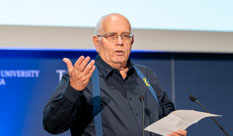More:
News & Stories
First International conference on Newton at HIT
The Newton Conference took place at HIT, hosting guests and speakers from Israel and abroad. The conference was initiated and organized by Prof. Adir Pridor, chairman of the executive committee at HIT.
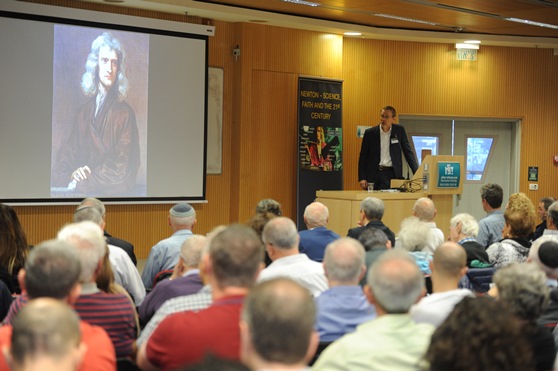
Dr. Stephen D. Snobelen from the Faculty of History of Science and Technology, University of King’s College, Halifax, Canada
Among the speakers was Dr. Stephen D. Snobelen from the Faculty of History of Science and Technology, University of King’s College, Halifax, Canada, who lectured about Science and Religion in the thought of Isaac Newton.
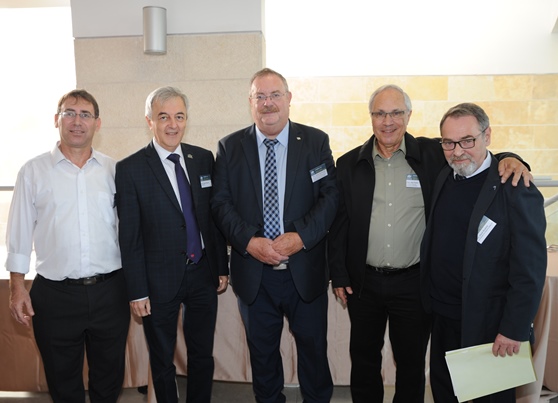
Mr. Samuel Goldberg, Prof. Eduard Yakubov, Prof. Daniel Hershkowitz, Prof. Adir Pridor, Prof. David Shoikhet
Former Israeli minister of Science and Technology and former president of Bar Ilan University Prof. Daniel Hershkowitz lectured about "Science and religion- can the Two Walk together?"
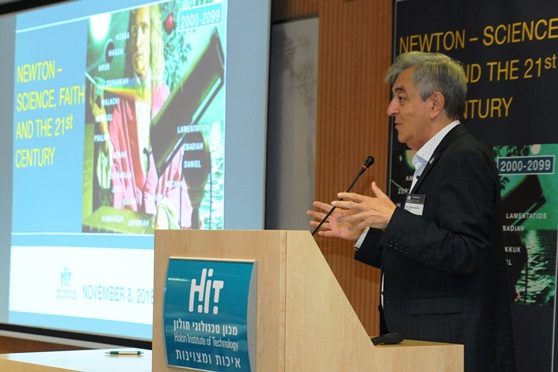
Prof. Eduard Yakubov, President of HIT
Prof. Eduard Yakubov, President of HIT said in his greeting remarks that he feels great pride to host such an important conference here at HIT.
"We are thrilled to discover the diversity of Newton's study and research, as it is manifested in the many aspects that were discussed in this conference, which made us decide that this conference will be made into a series of conferences in the coming years and will focus each year on a different famous scholar."
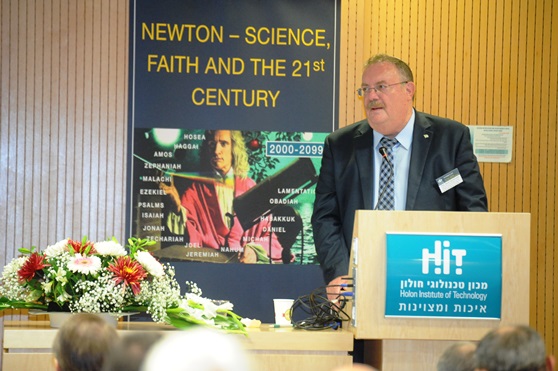
Prof. Daniel Hershkowitz
HIT sees multidiscipline as a key aspect in our vision and we will be more than proud to host such conferences in the future.
Prof. Adir Pridor, Conference Chairman, talked about thousands of hand-written pages by Isaac Newton, mostly discovered after his death, by relatives, open a window into surprising less-known parts of his lifetime work and thought.
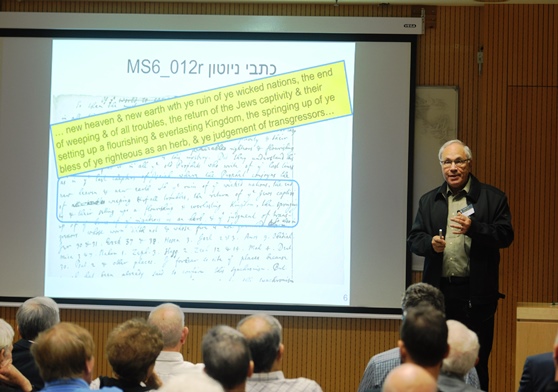
Prof. Adir Pridor, chairman of the executive committee at HIT
In addition to his fundamental contributions in mechanics, optics and calculus, Newton has
deeply explored the history of ancient kingdoms, the symbolic language of biblical prophets, the properties and processes of chemical reactions, the ratios among ancient length units, the possible date of the Day of Judgement and the role of the Jewish people in world’s history.
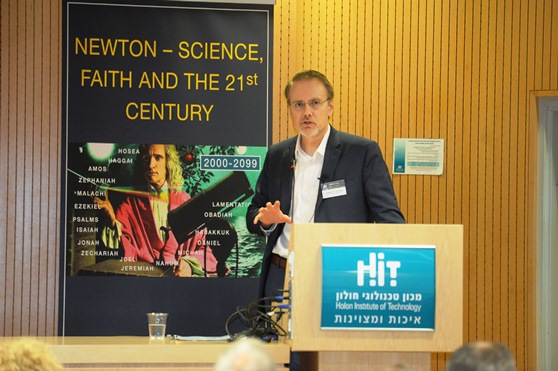
Dr. Stephen D. Snobelen from the Faculty of History of Science and Technology, University of King’s College, Halifax, Canada
Being a very devout Christian, Newton considered nature and history as one inseparable entity, governed by a divine Program mostly undisclosed to humans. Believing that some secrets of the divine Program were encoded in the dimensions of Solomon’s temple, Newton has filled hundreds of pages investigating these dimensions, as well as those of the earlier desert tabernacle and the future temple of the Ezekiel prophecy.
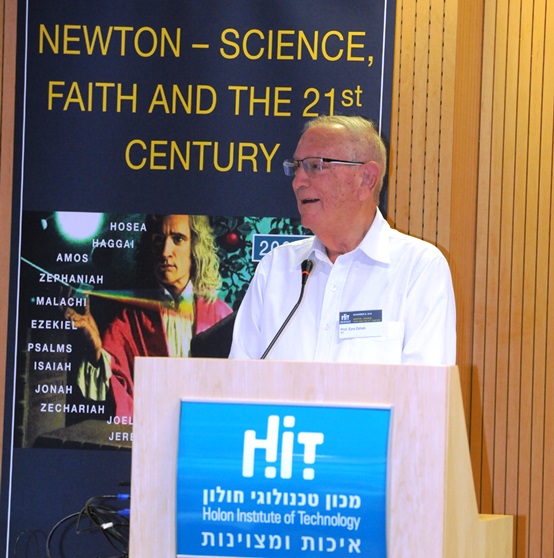
Prof. Ezra Zeheb, Faculty of Sciences Dean
In this research Newton was relying on his deep knowledge of the Old and New Testaments, the Mishna, the Talmud, the writings of Maimonides and Nachmanides – as well as many other Rabbinical scholars, in addition to numerous historians and theologians of diverse countries and times. Newton was quite fluent in reading and writing Hebrew: see Hebrew words and verses as written by Isaac Newton is very exciting.
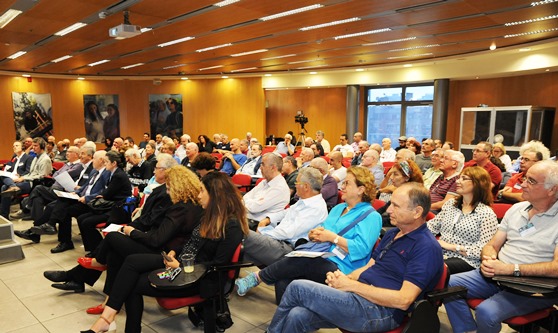
The Newton 2018 Conference aims to shed light on these less-known aspects of Newton’s legacy and also learn how his physics is viewed by current physicists and philosophers.
Photo: 'Seret Lemazkeret'
Published: 8.11.18
- News & Events
New Collaboration with Sheba Medical Center will qualify nurses to work in a digital environment.
Collaboration between HIT Holon Institute of Technology, the teaching authority of the Sheba Medical Center, and the Sheba-BEYOND virtual hospital will allow training nurses in Israel and around the world to work in a digital...



 Additional programs
Additional programs
